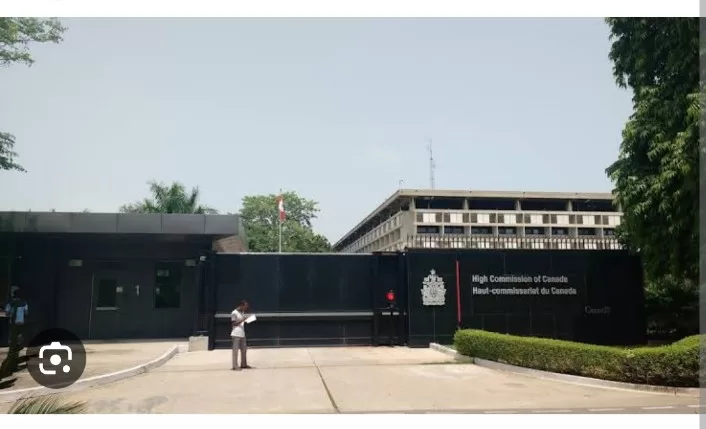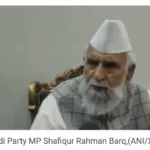In a recent development, India has issued a stern directive to Canada, insisting that 41 of its diplomats must return to their homeland by the looming deadline of October 10. This contentious demand comes amidst escalating tensions between the two nations, primarily stemming from Canada’s suspicions regarding the involvement of Indian government agents in the June assassination of Hardeep Singh Nijjar, a Sikh separatist leader and Canadian citizen, whom India has labeled as a “terrorist.”
India has categorically refuted these allegations, deeming them absurd and unfounded. The Financial Times, citing insider sources knowledgeable about India’s ultimatum, disclosed that India has not shied away from threatening to strip diplomatic immunity from any diplomats who choose to defy this order and remain beyond the aforementioned date.
It’s worth noting that Canada currently deploys 62 diplomats in India, and India has insisted on a reduction of this number by a substantial 41, as reported by the newspaper. At present, neither the Indian nor the Canadian Foreign Ministries have provided any official comments or responses regarding this developing situation.
S. Jaishankar, the Minister of External Affairs, had earlier voiced concerns about a “climate of violence” and an “atmosphere of intimidation” faced by Indian diplomats within Canada, a nation where the presence of Sikh separatist groups has continued to vex New Delhi.
As this diplomatic standoff unfolds, the international community watches closely, with keen interest in the evolving India-Canada relations and the repercussions that may follow.







